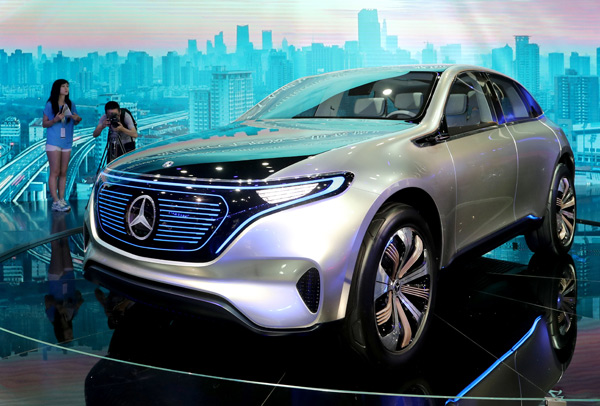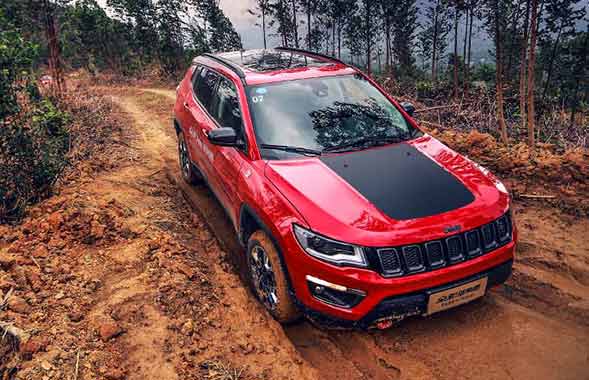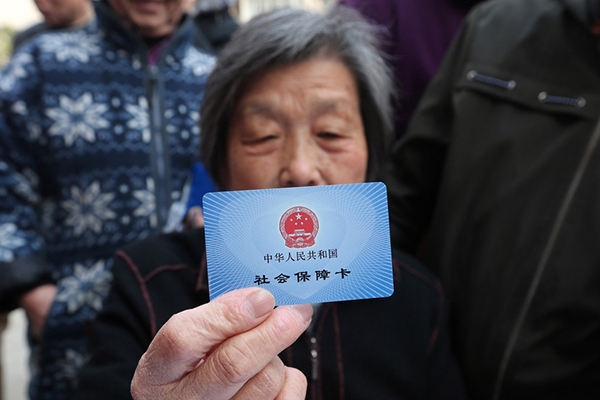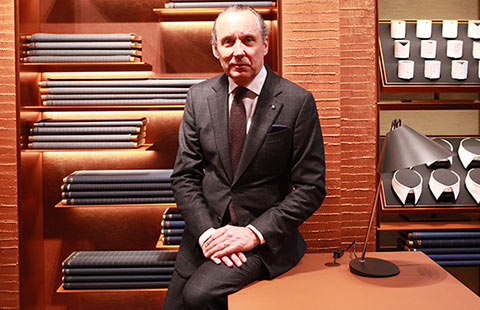NEV sector declares high ambitions at Auto Guangzhou
 |
|
The Mercedes Concept EQ, a pure electric vehicle, makes its Asia debut at Auto Guangzhou 2016. CHEN JIANLI/XINHUA |
Government urges industry to take lead in creating the cars of the future
Despite slowing growth and fading subsidies, carmakers are betting big on research and development in new energy vehicles, with ambitious plans and fresh concepts unveiled at Auto Guangzhou in the southern Chinese city.
The ongoing auto show opened to the public on Saturday. As the largest such event in southern China taking up 220,000 square meters of floorspace, it features an electric vehicle display of the latest charging facilities and batteries.
New energy products are on display, covering the varied sectors along the industrial chain, including charging station equipment, charging poles, battery modules and traction batteries.
"The new energy vehicle industry has made significant progress and achievements in R&D in critical technologies and key products," said Wan Gang, minister of science and technology, on Wednesday. "Overall development has reached the world's leading level."
Wan stressed that "to ensure the progressiveness of the technologies, a full plan should be made for the next step in the development of new energy vehicle technology, and it should focus on synergy and mutual support among the technologies."
Wan made these remarks at a symposium with the nation's experts in the new energy vehicles sector.
Dong Yang, secretary-general of the China Association of Automobile Manufacturers, said the growth in the new energy vehicle market is slow and steady, and he expects annual sales of 500,000 units, despite the projection of 750,000 units made earlier this year.
"Growth slowed down from the extremely fast pace last year, but now development is more solid," Dong said. "There were many electric cars registered as delivered last December, but later were found to be carrying unreliable batteries, or even had no batteries."
Many electric vehicle makers were found to be cheating with used batteries made with out-of-date technologies, and in September regulators announced penalties for five new energy vehicle producers who illegally obtained government subsidies. Right after authorities cracked down on subsidy scams early this year, the country saw a drastic slowdown in new energy vehicle output and sales.
A total of 302,000 new energy vehicles, including full electric and hybrid electric vehicles, were produced and 289,000 were sold in the first nine months of this year, up 93 percent and 100.6 percent respectively year-on-year, according to figures from CAAM.
The data also showed more than 43,000 new energy vehicles were produced in September, up 25.7 percent, and sales increased 43.8 percent to 44,000 units.
The September growth rates were markedly lower than in August, when new energy vehicle output and sales soared 81.5 percent and 92.2 percent, respectively.
Blazing a new trail
China has been encouraging the use of new energy vehicles to upgrade the industry and ease pressure on the environment by offering tax exemptions and subsidies for car purchases and requiring government agencies to buy more new energy cars.
Chinese carmakers are heading toward the electric future with Geely Automobile, Chery Automobile and others, announcing their five- or 10-year plans for the development of electric vehicles.
Chang'an Automobile updated its five-year plan and made its specific targets public on the media preview day of Auto Guangzhou 2016. The carmaker is aiming at a driving range of 600 kilometers between charges for full electric vehicles, and a 1-liter comprehensive petrol consumption for plug-in hybrid vehicles, through mastering core competencies in five aspects of the sector.
The Chongqing-based carmaker launched the world's first mass produced 48V hybrid car, the Chang'an Eado Bluepower, as the first of its fleet of 24 new energy models it plans to make by 2025.
Wan encouraged domestic carmakers to persist in developing their own approaches that suit Chinese customers' demand and to master core competencies, especially the key technologies in fuel cell battery-powered vehicles.
"Development of new energy vehicle technology should ensure innovation and future orientation," he stressed.
During the motor show, major international auto manufacturers demonstrated their ambitions in the nation's fast-developing new energy vehicle sector.
Toyota's hydrogen fuel cellpowered Mirai was revealed in Guangzhou, as the company announced its boldest move yet into the sector, with a plan to found an electric vehicle subsidiary jointly with Aisin Seiki next month.
The second-largest auto brand in terms of sales volume, Volkswagen, announced its plans to introduce to the Chinese market a family of around 10 next generation e-cars based on Volkswagen's electric-only MEB platform in 2020-25.
The brand's ID zero-emissions concept car made its Asian debut at Auto Guangzhou.
The compact electric vehicle designed with the batteries set in the floor is said to be ideal transport for China's megacities.
The innovative e-car even features all the hardware needed for autonomous driving.























